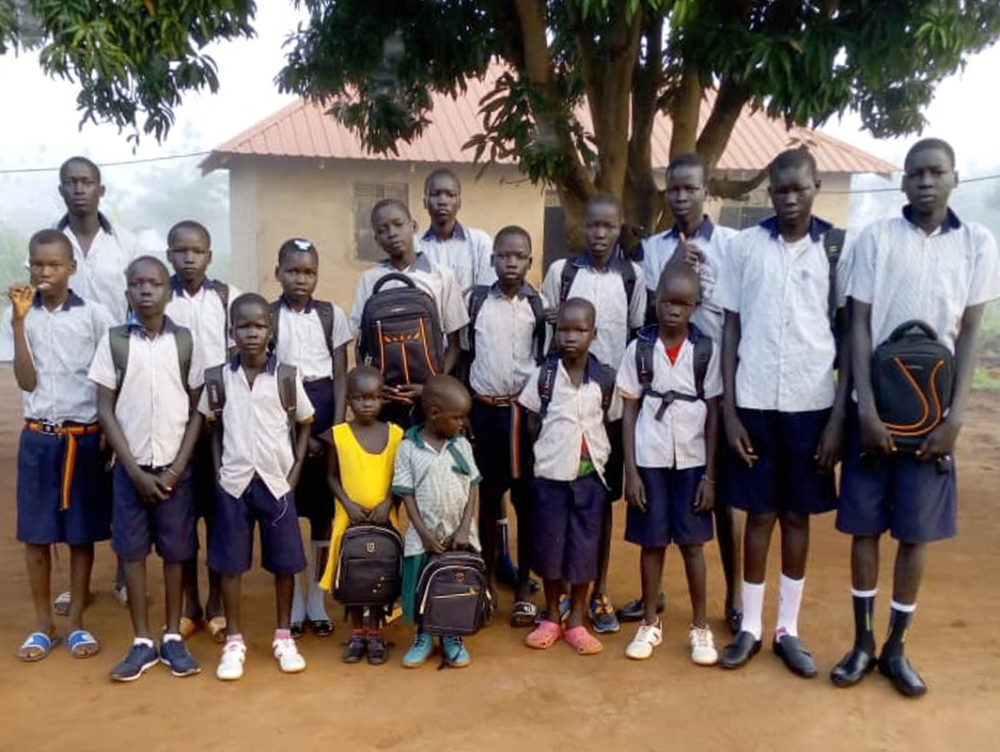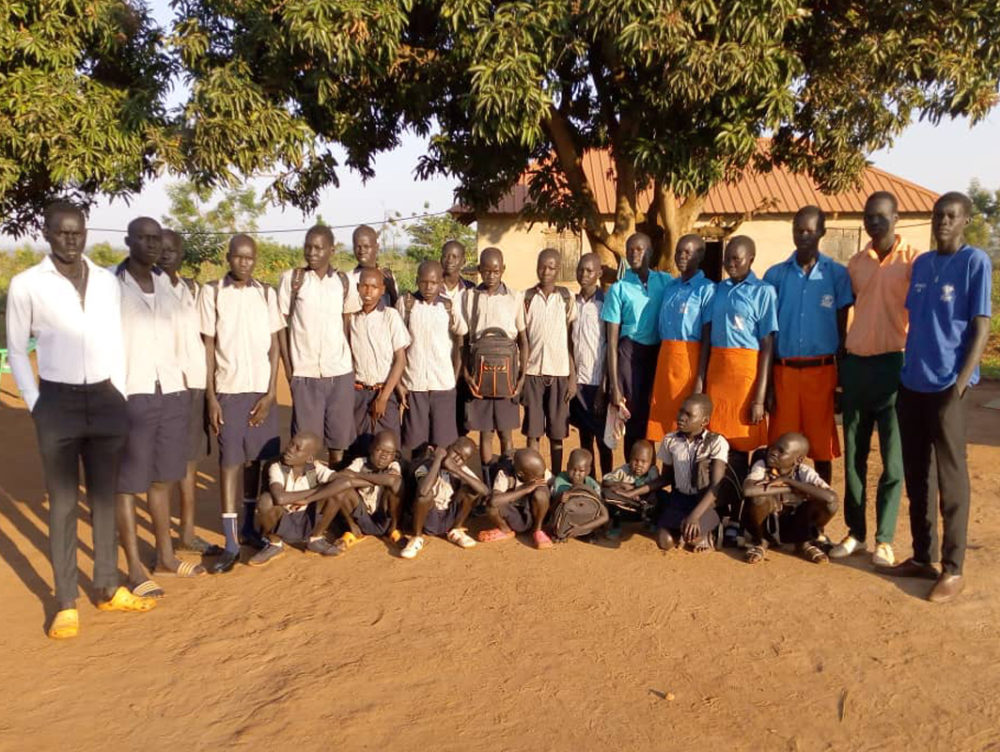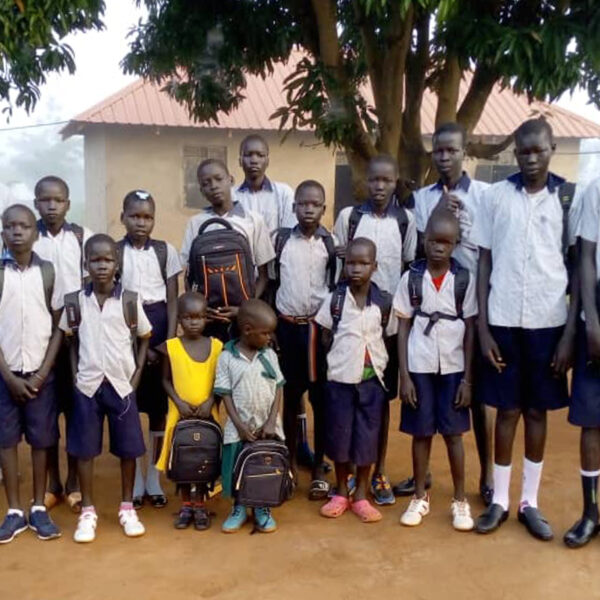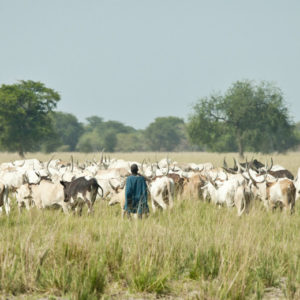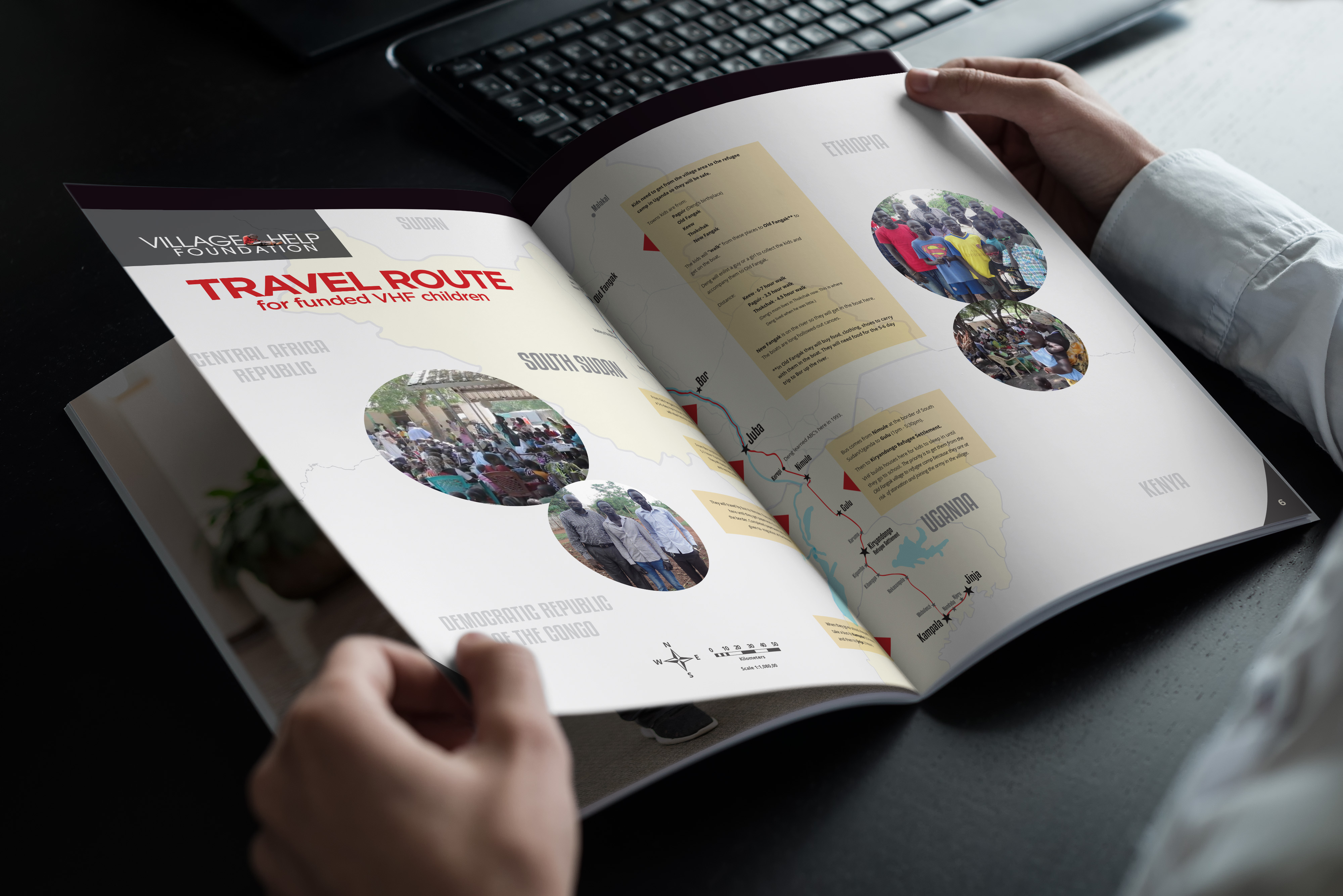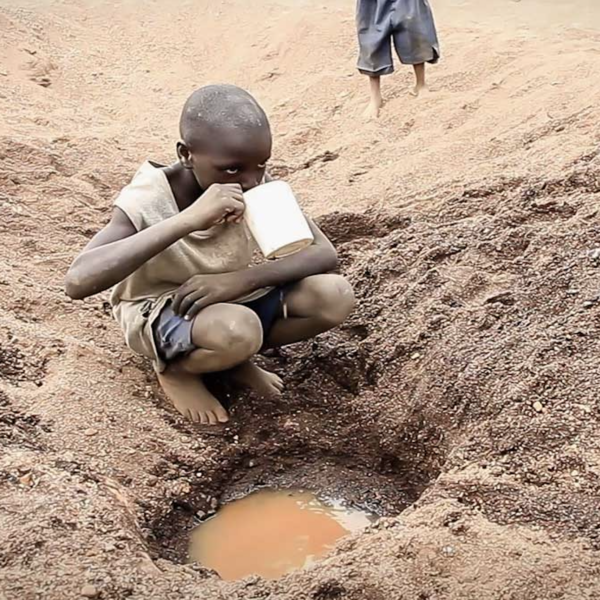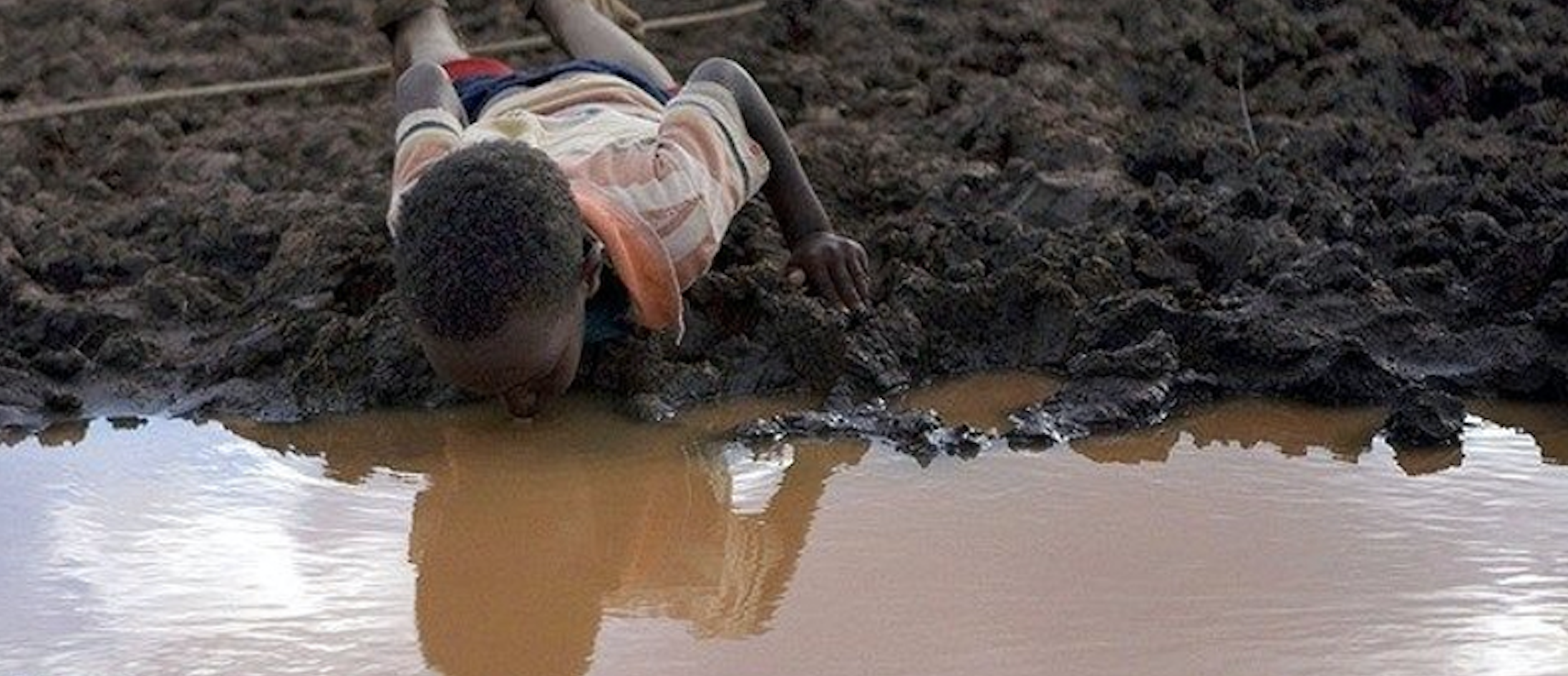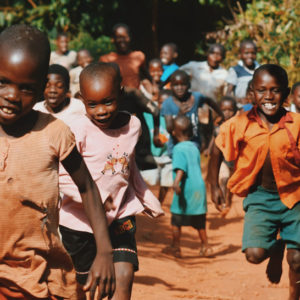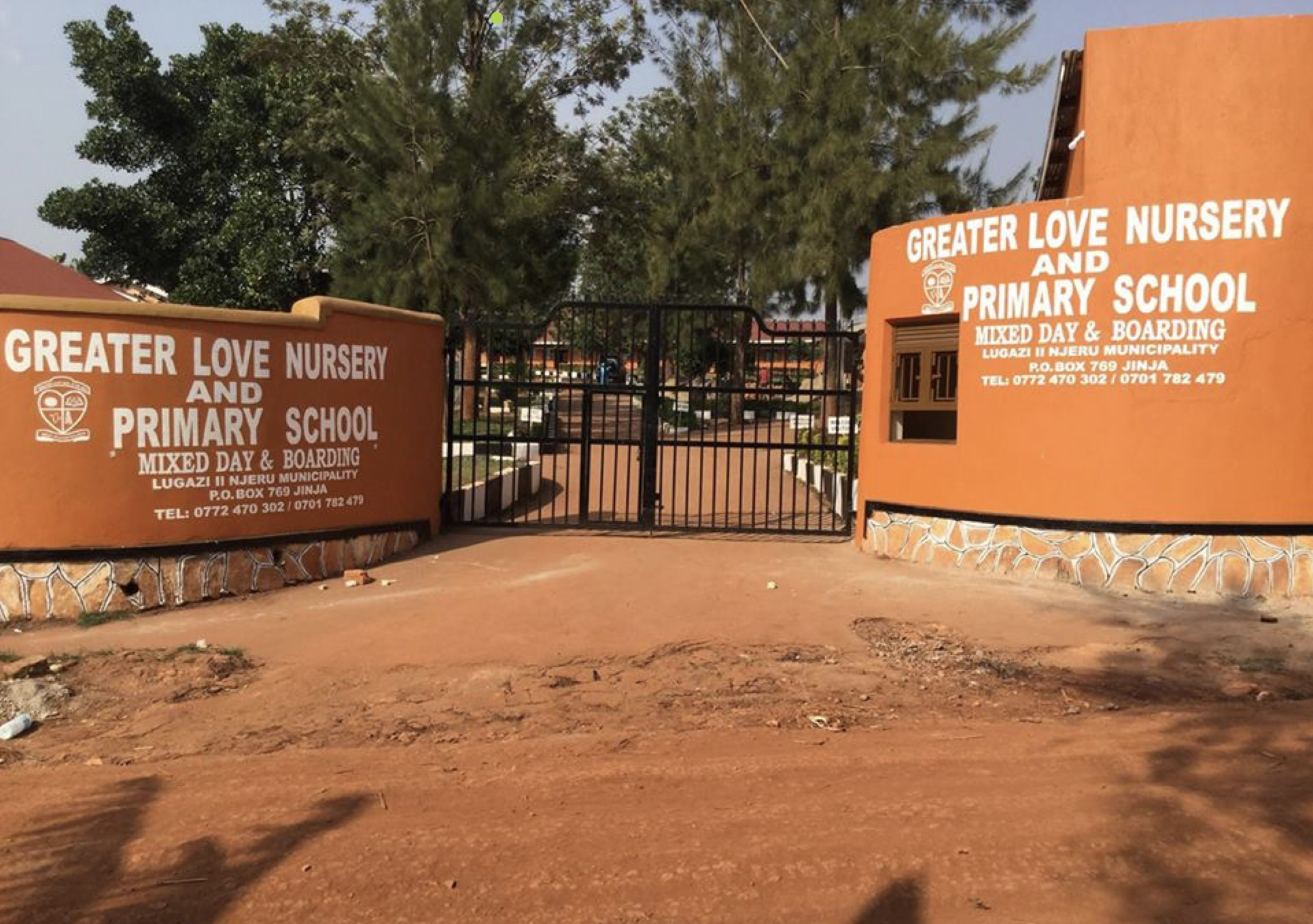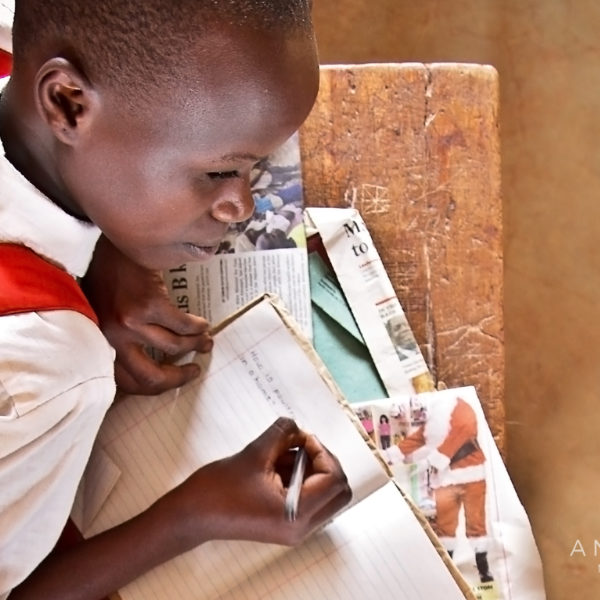Amazima Ministries International was founded by Katie Davis in 2008. The organization, based out of Brentwood, Tennessee, feeds, educates and encourages the orphaned, poor and vulnerable in the country of Uganda. The name we chose for this ministry represented what she longed to see take root in the lives of everyone who came in contact with our ministry. In Luganda, the local language, Amazima (Ah-mah-zeemah) means "truth." Amazima Ministries desires to reveal the truth of God’s unconditional love through Jesus Christ to the people of Uganda.
We show our love for God by obeying His command to care for the least of His people and make disciples of all nations. Every outreach program of Amazima Ministries, whether education scholarship, feeding, vocational assistance or community outreach, is accompanied by Biblical teaching and spiritual encouragement. We know that nourishing the physical needs of these people is not the ultimate goal. We long to see them fed spiritually and restored into a right relationship with God.
AMAZIMA’S CORE VALUES
We have worked to articulate core values that drive our individual and organizational posture. These six stated values serve as guides to remind us what we are about, what is important to us, and what we want to strive for in the future.
PASSION We are not simply employees of Amazima, but men and women passionate about living out the gospel in the communities we serve. We work heartily, as for the Lord and not for men. (1 Corinthians 10:31, Colossians 3:23, Matt 5:16)
BIBLICAL TRUTH We are servant leaders who strive to love our neighbors as ourselves. We choose to live and serve according to the truth found in Scripture. We do not avoid conflict, and when it occurs, we approach it in truth and grace. (Mark 10:42-45, Mark 12:30, Philippians 2:2-4, Matthew 18)
RELATIONSHIPS We believe each person is made in God’s image. Since people matter to God, they matter to us. As such, we will intentionally engage the poor, the oppressed and the needy in the communities in which we serve. We believe life change happens through relationship. We will value people over tasks. (Proverbs 22:2, Hebrews 10:24-25, Psalm 82:3-4, Jeremiah 22:16)
FAMILY We believe that children are a heritage from God and a blessing from His hand. We are committed to God’s plan for passing His love down through the ages by encouraging parents to love their children "so the generations to come might know" the love and forgiveness of Christ. We are equally committed to upholding the concept of family as God’s original and primary means of producing a Godly offspring and passing on Godly values from generation to generation. (Psalm 78:5-7; Deuteronomy 6:4-9, Ephesians 6:1-3; Colossians 3:20)
STEWARDSHIP We are responsible with the resources entrusted to us (money, people, and time), recognizing they are God’s gift and provision and not our own. We will be generous in our giving of care, time and finances. (Acts 20:35)
INTEGRITY We will do what we say, and we will say what we do. We place the needs of the team over our own and we value teamwork over individual accomplishments. (Matt 5:7, Ecclesiastes 4:9-12, 1 Corinthians 12:12-31)
